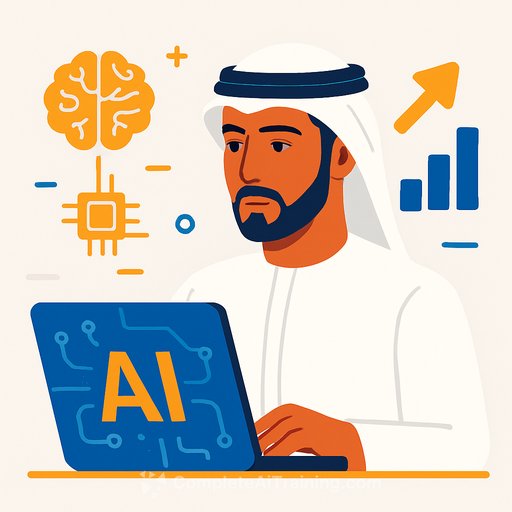K2 Think: A New Challenger in AI
The Mohamed bin Zayed University of Artificial Intelligence (MBZUAI) in the UAE has introduced K2 Think, a compact AI reasoning model that rivals the performance of leading systems from OpenAI and DeepSeek. Despite having just 32 billion parameters—a fraction of the size of competitors—K2 Think delivers comparable results in key benchmarks related to math, coding, and science.
This development reflects the UAE’s ambition to become a significant player in AI, leveraging the technology to diversify its economy beyond oil and increase its geopolitical influence.
How K2 Think Stands Out
K2 Think was built on Alibaba’s open-source Qwen 2.5 model and runs on hardware from AI chipmaker Cerebras. For context, DeepSeek’s R1 model has 671 billion parameters, and OpenAI’s parameter counts remain undisclosed. The smaller size of K2 Think translates to lower training costs and resource demands.
Developed in partnership with G42, a UAE-based AI firm supported by Microsoft, K2 Think performs strongly on benchmarks like AIME24, AIME25, HMMT25, OMNI-Math-HARD, LiveCodeBenchv5, and GPQA-Diamond.
Techniques Behind the Performance
MBZUAI’s Institute of Foundation Models credits several methods for K2 Think’s success:
- Long chain-of-thought (CoT) supervised fine-tuning: This involves step-by-step reasoning to improve the model's understanding.
- Test-time scaling: Allocating additional computing resources during inference to boost performance on new data.
The team treats K2 Think as a system rather than just a standalone model, continually improving it through deployment and testing.
Why This Matters
The AI race has largely been dominated by the US and China. US companies like OpenAI pioneered foundation models capable of handling diverse tasks, while China’s DeepSeek recently showcased a high-performance model with fewer training costs.
The UAE is emerging as a competitor by leveraging local AI firms like G42 and institutions like MBZUAI. However, it faces regional competition, notably from Saudi Arabia’s AI initiatives such as Humain, backed by the Public Investment Fund.
Despite geopolitical challenges and scrutiny around partnerships like Microsoft’s investment in G42, the UAE is steadily carving out its space in AI research and development.
Focus on Practical Scientific Applications
K2 Think isn’t aimed at creating a chatbot like ChatGPT. Instead, it’s designed for targeted applications in math and science, aiming to accelerate complex problem-solving and research processes.
Richard Morton, managing director at MBZUAI, highlights that such AI models can drastically reduce the time needed for tasks like clinical trials or scientific inquiry, condensing years of human effort into much shorter periods.
This approach also opens doors for regions with limited access to the extensive capital and infrastructure typical of US firms, proving that significant AI advancements are possible with leaner models.
For IT professionals and developers interested in expanding their AI skills, exploring courses focused on foundational AI models and their applications can be a practical next step. Resources like Complete AI Training's latest AI courses offer valuable paths to deepen expertise.
Your membership also unlocks:






